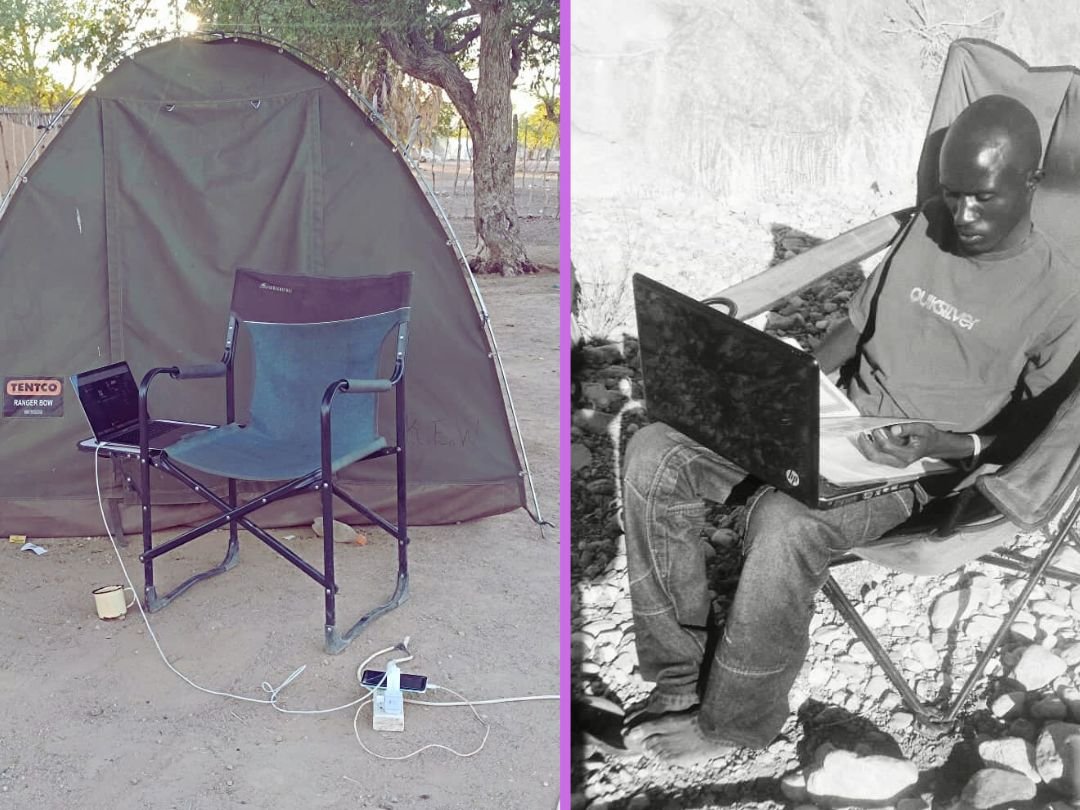Remote Work Challenges: Staying Connected and Avoiding Isolation

Remote work has become a regular part of life for many people. It offers the freedom to work from anywhere, but it also comes with challenges, like staying connected to others and feeling lonely. This article explores these difficulties and offers practical advice to help remote workers maintain relationships, improve communication, and take care of their well-being.
How Work Has Changed
In recent years, work has changed dramatically. With better technology and a focus on work-life balance, many companies now allow employees to work from home or anywhere else they choose. This shift has opened up opportunities, especially for people in remote areas, but it has also created new challenges.
For example, traditional office spaces allowed for face-to-face interaction, quick brainstorming sessions, and informal chats by the coffee machine. These moments built trust, improved teamwork, and made work enjoyable. In a remote setup, these are often replaced by scheduled video calls and written messages, which can feel distant and formal. Both employees and organizations need to find ways to adapt to this new way of working.
Common Problems with Remote Work
While remote work is flexible, it can feel isolating at times. Here are some of the main challenges that remote workers face:
1. Missing Face-to-Face Interaction
In an office, spontaneous conversations and group activities make people feel connected and valued. Remote workers often miss out on these moments, which can lead to feelings of loneliness. Video calls and chats are helpful, but they don’t fully replace in-person interaction.
2. Communication Issues
Messages and emails lack the tone and body language that help convey meaning. This can lead to misunderstandings or even conflict. For example, a short message might come across as rude, even if that wasn’t the intention.
3. Blurred Boundaries Between Work and Life
Working from home makes it harder to switch off. Many remote workers find themselves answering emails late at night or working on weekends, which can lead to burnout.
4. Collaboration Challenges
Remote teams often work in different time zones or rely on technology that doesn’t always work smoothly. This can slow down projects or make collaboration feel disjointed.
5. Technical Barriers
In some regions, unreliable internet, power outages, or a lack of proper tools can make remote work frustrating. These problems can create gaps in productivity and make workers feel even more isolated.
My experience at the village
Sometimes I live in a rural area in Namibia, and while I enjoy the freedom of working remotely, I also face unique challenges. Internet connectivity can be slow or unreliable, which makes it difficult to join video meetings or collaborate with my team. Sometimes, I feel disconnected, not just because of the physical distance but also because of these technical barriers.
For example, there have been times when I’ve missed important updates or felt out of the loop simply because my internet dropped during a meeting. These moments can be frustrating and make me feel like I’m not fully part of the team, even though I’m trying my best.

How Remote Workers Can Stay Connected
Despite these challenges, there are ways to stay connected and make remote work more enjoyable. Here are some tips that have helped me and could help others:
1. Communicate Regularly
Set up daily or weekly check-ins with your team. These don’t have to be long—just a quick update or casual chat can make a big difference. Use video calls whenever possible, as seeing faces helps build stronger connections.
2. Create a Sense of Community
Even if you’re not in the same room, you can still bond with your team. Virtual coffee breaks, online games, or celebrating achievements can help recreate the camaraderie of office life.
3. Use Reliable Tools
Technology can make remote work smoother. Apps like Slack for messaging, Zoom for meetings, and Trello for task management keep everyone organized and connected.
4. Set Boundaries
It’s important to have a clear work schedule and stick to it. Let your team know when you’re available and when you’re offline. Take regular breaks to recharge and avoid burnout.
5. Focus on Mental Health
Feeling supported makes a big difference. Talk openly about challenges, seek feedback, and take advantage of counseling or wellness programs if your workplace offers them.
Combating Isolation
Working remotely can sometimes feel lonely, especially if you live in a rural or isolated area. Over the years, I’ve learned that staying connected requires effort and planning. Here are a few habits I’ve developed:
- Stick to a Routine: Start and end your workday at the same time each day. This helps create structure and separates work from personal life.
- Find Opportunities to Collaborate: Join cross-team projects or take part in online workshops. These activities introduce you to new people and ideas.
- Stay Physically Active: Exercise is great for mental health. Even a short walk during lunch can improve your mood and energy levels.
- Learn New Skills: Isolation can be a chance to focus on personal growth. Take an online course, pick up a hobby, or set a professional goal to stay motivated.
Wrapping
Remote work is likely here to stay, but for it to succeed, we need to address its challenges. Companies can help by creating a supportive environment, offering tools for better communication, and focusing on employee well-being.
For workers, it’s about finding balance. Remote work offers independence and flexibility, but it also requires effort to stay connected, productive, and mentally healthy. With the right strategies, remote work can be fulfilling and even strengthen relationships across distances.
Despite the challenges I’ve faced, I’m hopeful. Remote work has connected me to people and opportunities I never imagined, and with better infrastructure and support, it can be a positive experience for everyone.
